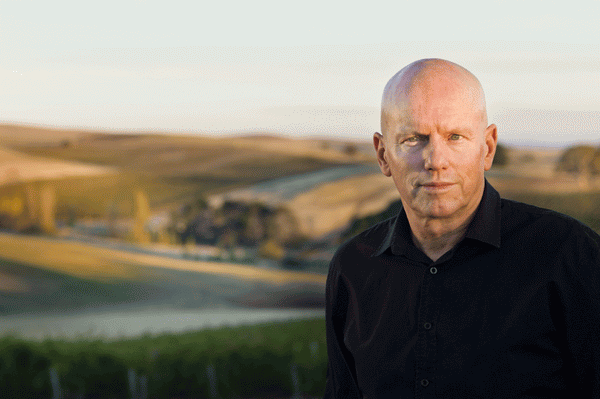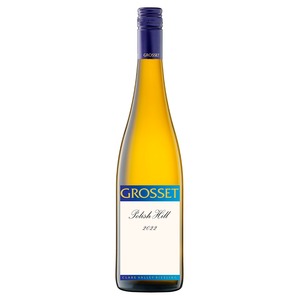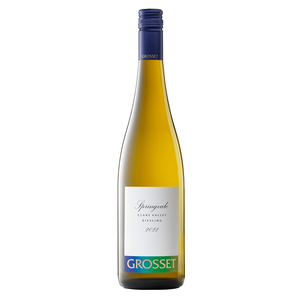
Grosset
Clare Valley, located in southern Australia, is known for its noticeably tart and citrusy Rieslings. Thanks to the vineyards located high above the ground, the wines are precise and remarkably long-lived. The almost 50-year history of the Grosset family farm in the Clare Valley has established the farm's position among the top producers in the region, because just like the farm's wines, the vision of the farm's direction is crystal clear today.
Four Rieslings are produced by hand on the Grosset farm, which, after years of consideration and a gradual change in working methods, are today produced with completely organic and biodynamic methods. A few other varieties also grow in the 20-hectare vineyards on the gentle slopes of Mount Horrocks. It all started when 15-year-old Jeffrey Grosset's father, who worked in the electrical industry, came home one day with a bottle of wine and shared it among his family. The wine was Riesling, and in all its simplicity changed Jeffrey's life forever. He began his studies at Roseworthy Agricultural College at the age of 16 and graduated with both farmer and oenologist papers at the age of 21. Falling in love with Riesling, he worked and furthered his education in Germany, among other places, and only at the age of 26 became the senior winemaker of a large Australian winery. That's when he decided it was time to do something completely his own.
Grosset Wines was founded in 1981 in the premises of an old milk warehouse in the historic village of Auburn. The first production batches were minimal and sold out right away. Riesling was hardly known, let alone recognized, so during the 1990s Grosset fought for the appreciation of the variety. In 2000, Jeffrey Grosset was one of the Clare Valley and New Zealand producers who encouraged other producers to switch to screw caps, telling consumers and the media about the advantages of the cork over the traditional cap. Although screw caps have established their position in Oceania's wine production, Jeffrey still funds cork research in addition to his other work.
In Grosset's cellars, the idea of minimal intervention is cherished. After switching to biodynamic viticulture, the wines are naturally so balanced that you don't need to do anything to them in the cellar other than let them ferment. For example, the wines are not clarified or filtered at all. Sulfur dioxide is also used minimally, which is made possible by healthy, carefully selected, and therefore very healthy bunches of grapes. The wines are also bottled on the farm, which guarantees their high quality from the beginning to the end of the production process.
The farm does not lack fame in the international press either. The farm's founder, Jeffrey Grosset, was voted Australian Winemaker of the Year in Gourmet Traveler WINE magazine back in 1998. James Halliday named the farm Australia's 2018 Best Value Winery, and in the same year the farm ended up on Wine and Spirits' World's Top 100 Wineries list.
The farm's annual production is around 144,000 bottles.
https://www.grosset.com.au/



